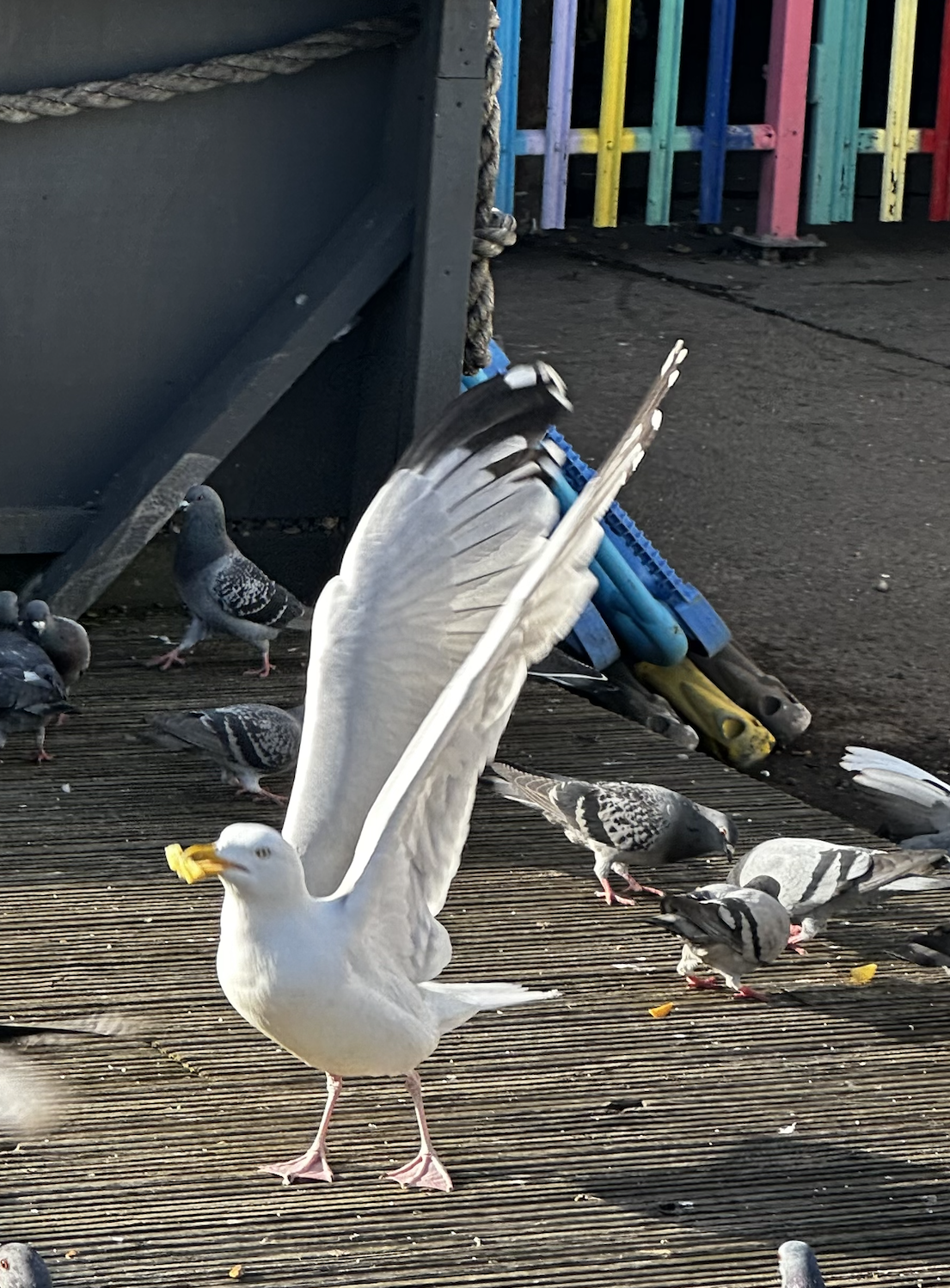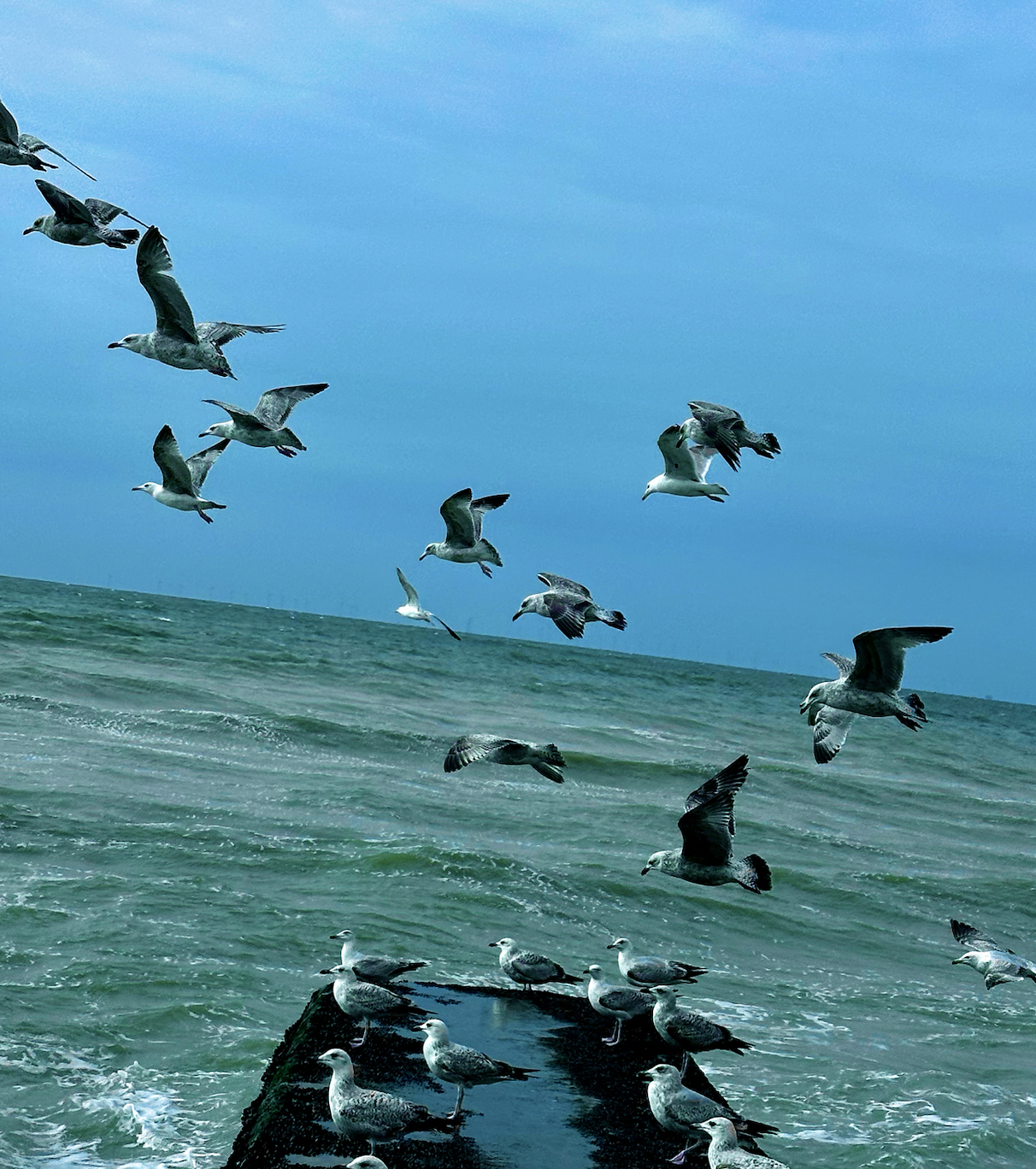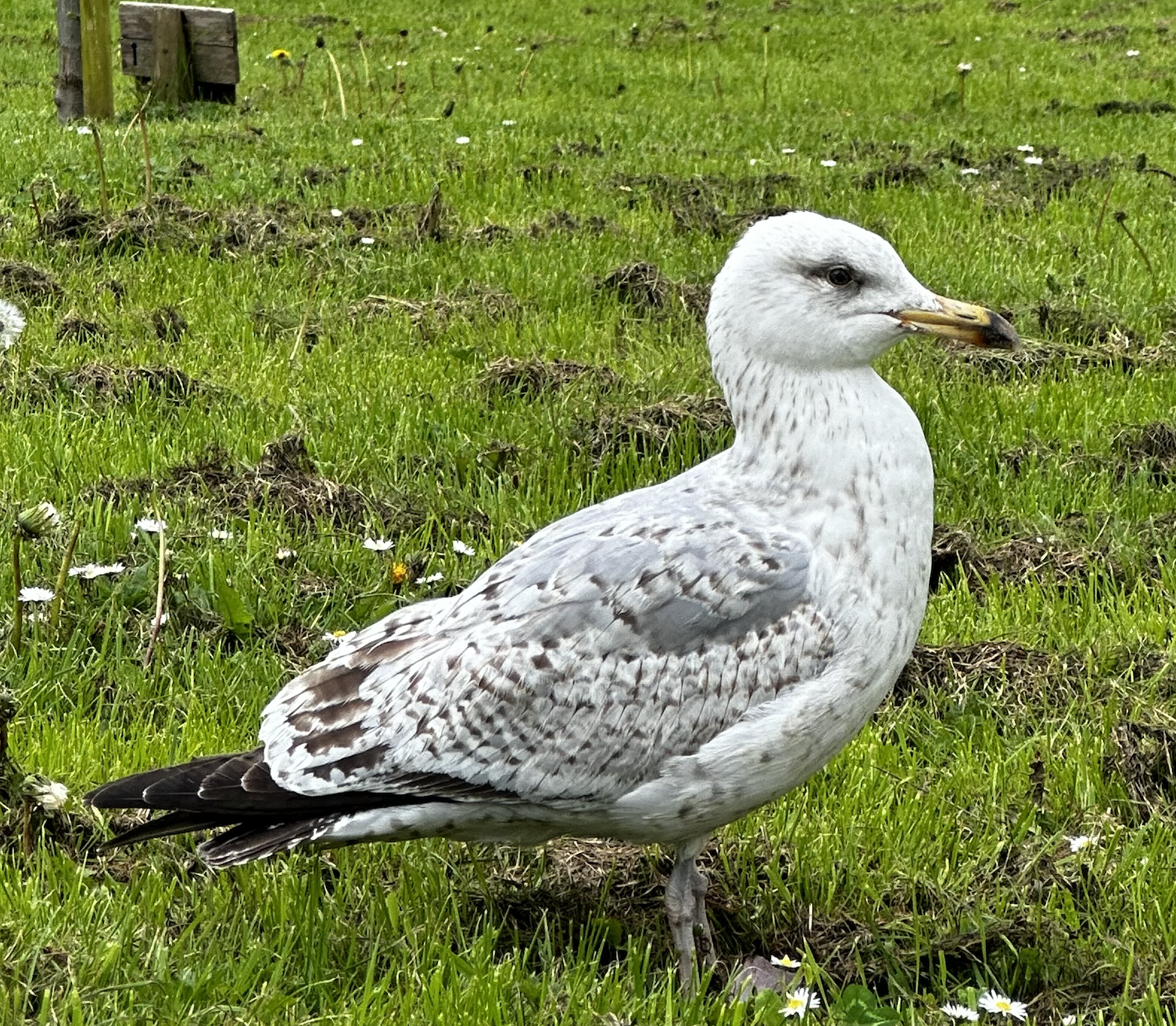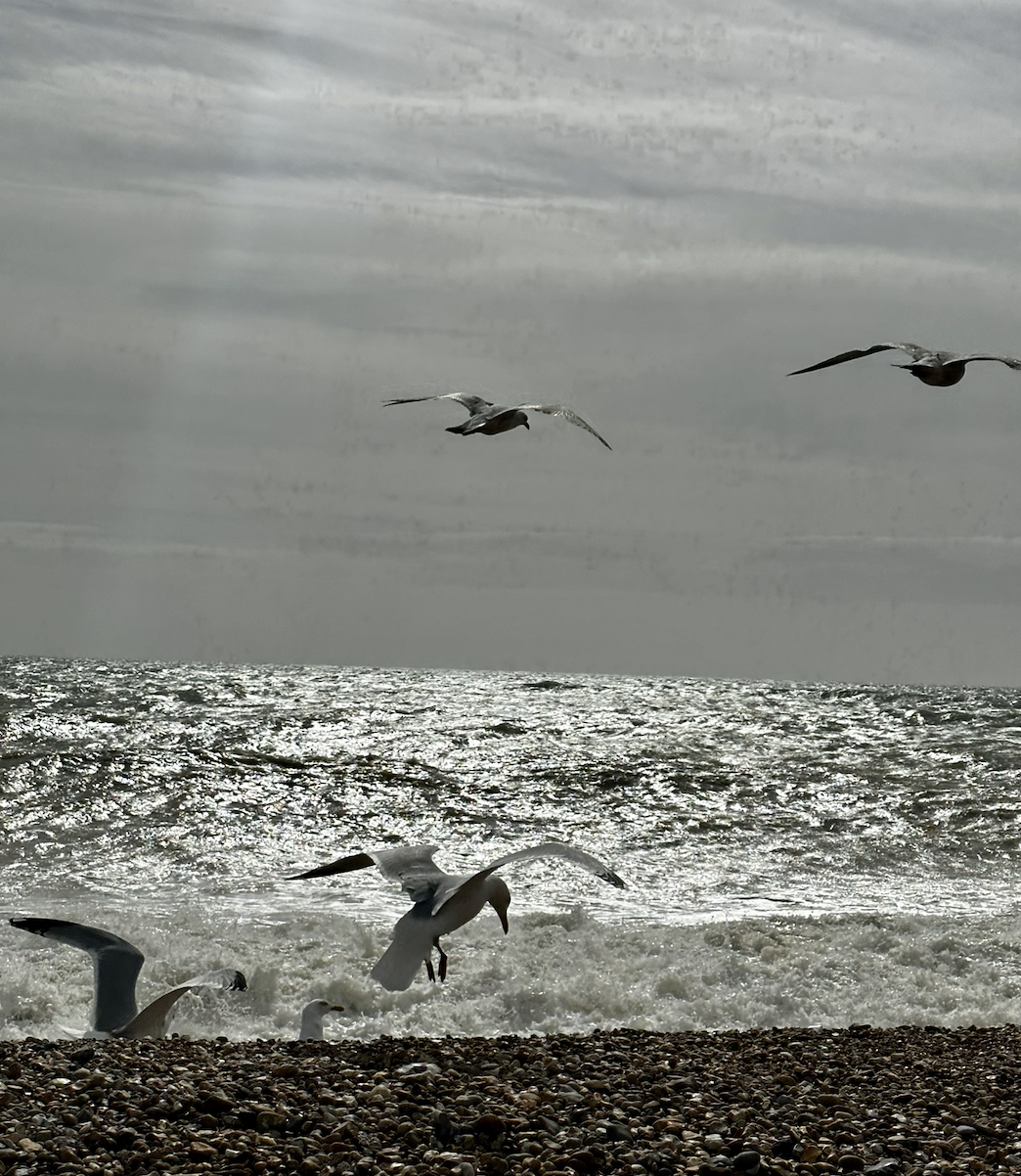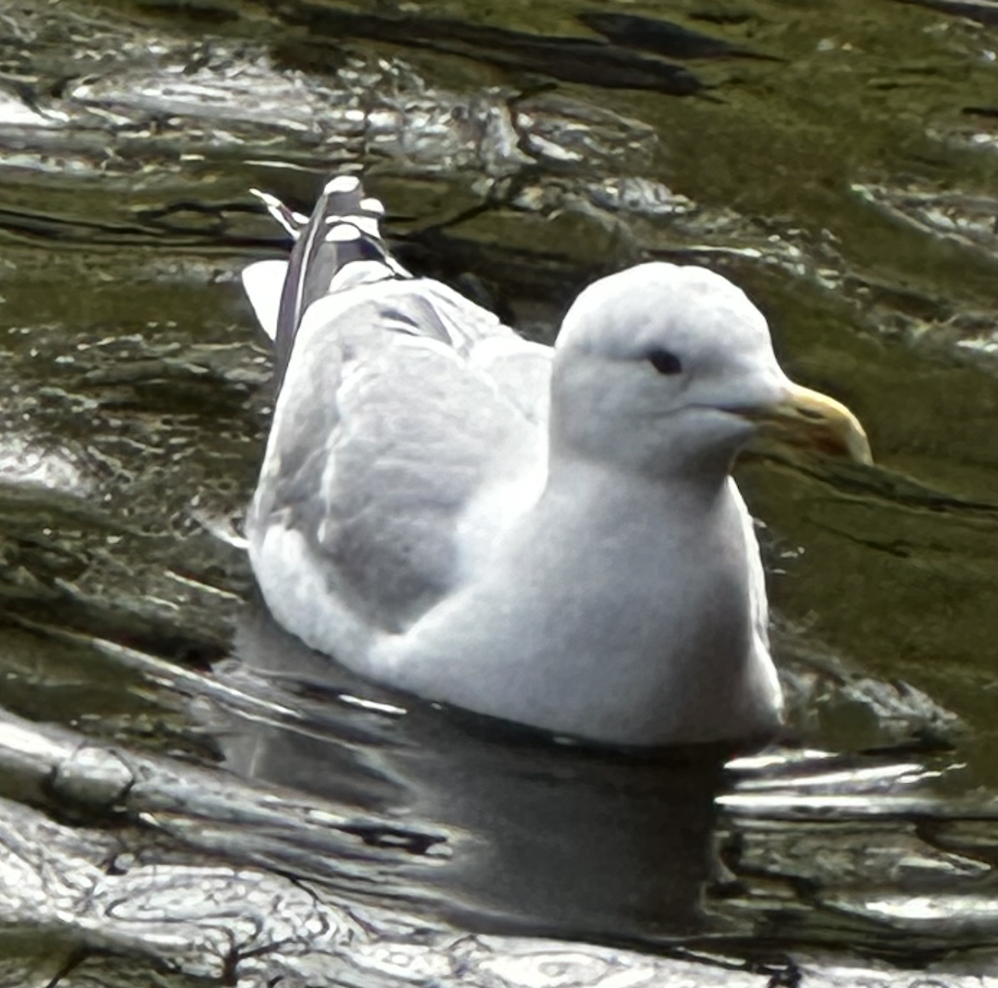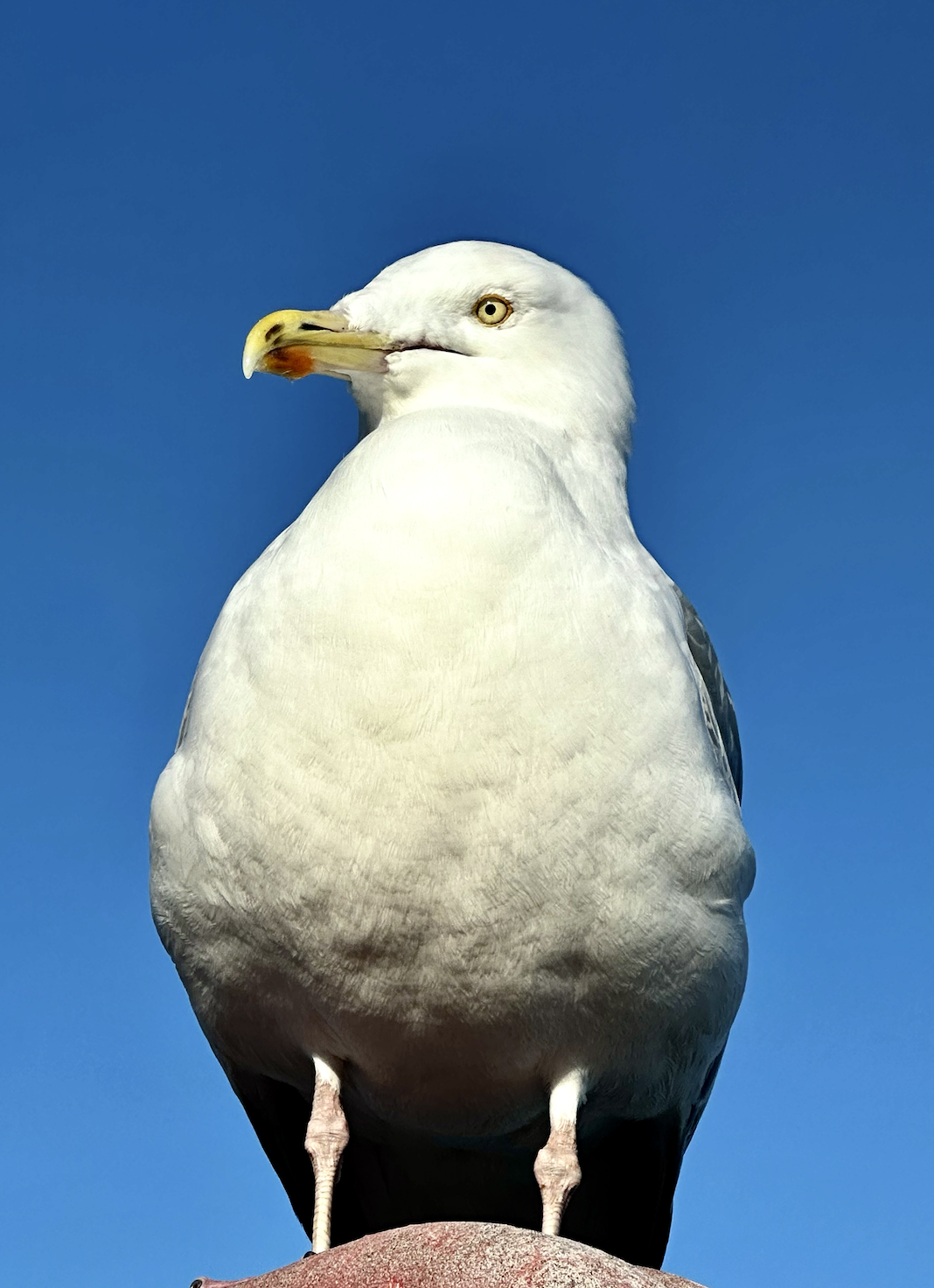
I worked in an animal behavior lab at the University of Sussex under the guidance of Paul Graham, monitoring behavioral changes in the aftermath of a botulism epidemic in Herring Gulls of the Brighton area. In particular, I focused on analyzing Kleptoparasitism; after the population gained resistance to Clostridium botulinum, and thus they were more successful at inhabiting urban environments. The younger gull [ aged < 4] were most likely to forage for food by natural means, while older gulls were more interested in stealing human food or scavenging through the trash. Our findings suggest littering affects the seagulls' learned behavior because they monitor human actions to determine what is safe to eat. Therefore, littering contributes to kleptoparasitism through inadvertently teaching them which food to steal.
